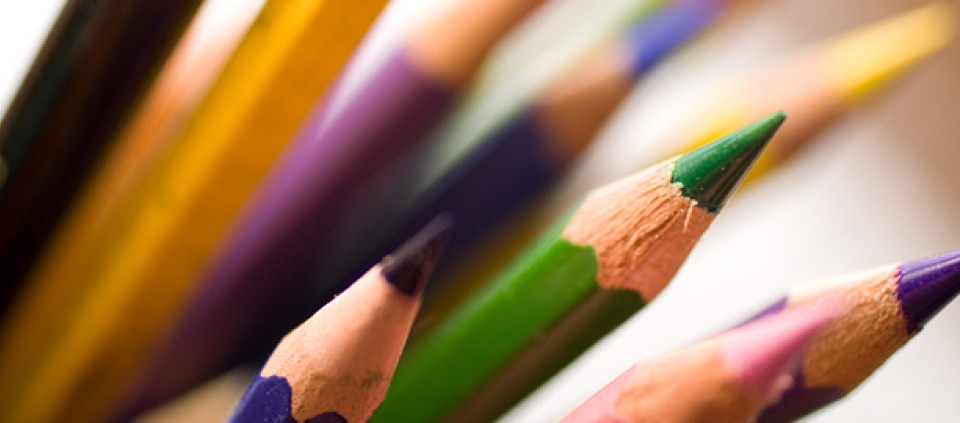Living a Creative Life

When I was growing up, my mother encouraged me to watch old black-and-white movies with her. None of my peers was familiar with Rebecca, Mildred Pierce, or All About Eve, but I was. Mom would also play Broadway show tunes in the house, from musicals like Mame and Cabaret. I remember going to the art museum with her and admiring the paintings of Monet and Renoir. She always had a healthy dose of artistic appreciation—and still does—but, for her, creativity was the province of famous artists. Not being one herself, she believed she possessed no creativity, and she wasn’t quiet about it.
“Oh, to be so talented!” she would exclaim when watching Judy Garland or Bette Davis on the screen. “How do some people get so lucky? I just don’t have any talent at all.”
I wonder to what extent her assertions have affected my own sense of creativity. I’m a good writer, a good actor, and a good producer, but because I’m not on the cover of a magazine, I downplay my skills and accomplishments. More than that, though, I wonder to what extent I contain the full expression of my creativity, believing it’s unimportant because it’s not highly publicized.
Julia Cameron, author of The Artist’s Way, would have me reframe my narrow definition of creativity. “Being creative means living to our fullest potential,” she says. “I don’t distinguish between ‘fine art’ and crafts. Everything we do embodies a creative choice.”
While some of us deem a creative life as one dominated by filmmaking or novel-writing, Julia says a creative life is one in which we enjoy our choices, whether we’re deciding what color rug we want in the living room or what typeface we prefer for e-mails.
That’s a much broader definition of creativity—one almost all of us can embrace. Looking at creativity that way, I can see how planting a garden is a creative act. Building a fire is a creative act. Even fixing a leaky faucet can be a creative act.
According to Julia, fear and perfectionism are responsible for most creative blocks, but she says the three primary tools in any “creative recovery” are Morning pages. In longhand, write three stream-of-consciousness pages every morning about whatever comes up.
Artist dates. Once a week, go on a festive, solo expedition to explore something that interests you.
Walks. Take a 20-minute walk at least twice weekly—without your dog or your phone.
The benefits, Julia says, will be apparent not only when you’re sitting at a potter’s wheel or strumming a guitar, but also at the office, in your relationships, and in the way you handle stress.
“When we tap into our creativity,” Julia says, “we deepen our spirituality and experience a sense of strength and well-being.”
Portland Helmich is the creator, host, and producer of the Kripalu Perspectives podcast series. She has been investigating natural health and healing as a host, reporter, writer, and producer for more than 15 years.
© Kripalu Center for Yoga & Health. All rights reserved. To request permission to reprint, please e-mail editor@kripalu.org.
Portland Helmich has been investigating natural health and healing for more than 15 years, as a host, reporter, writer, and producer.
Full Bio and Programs